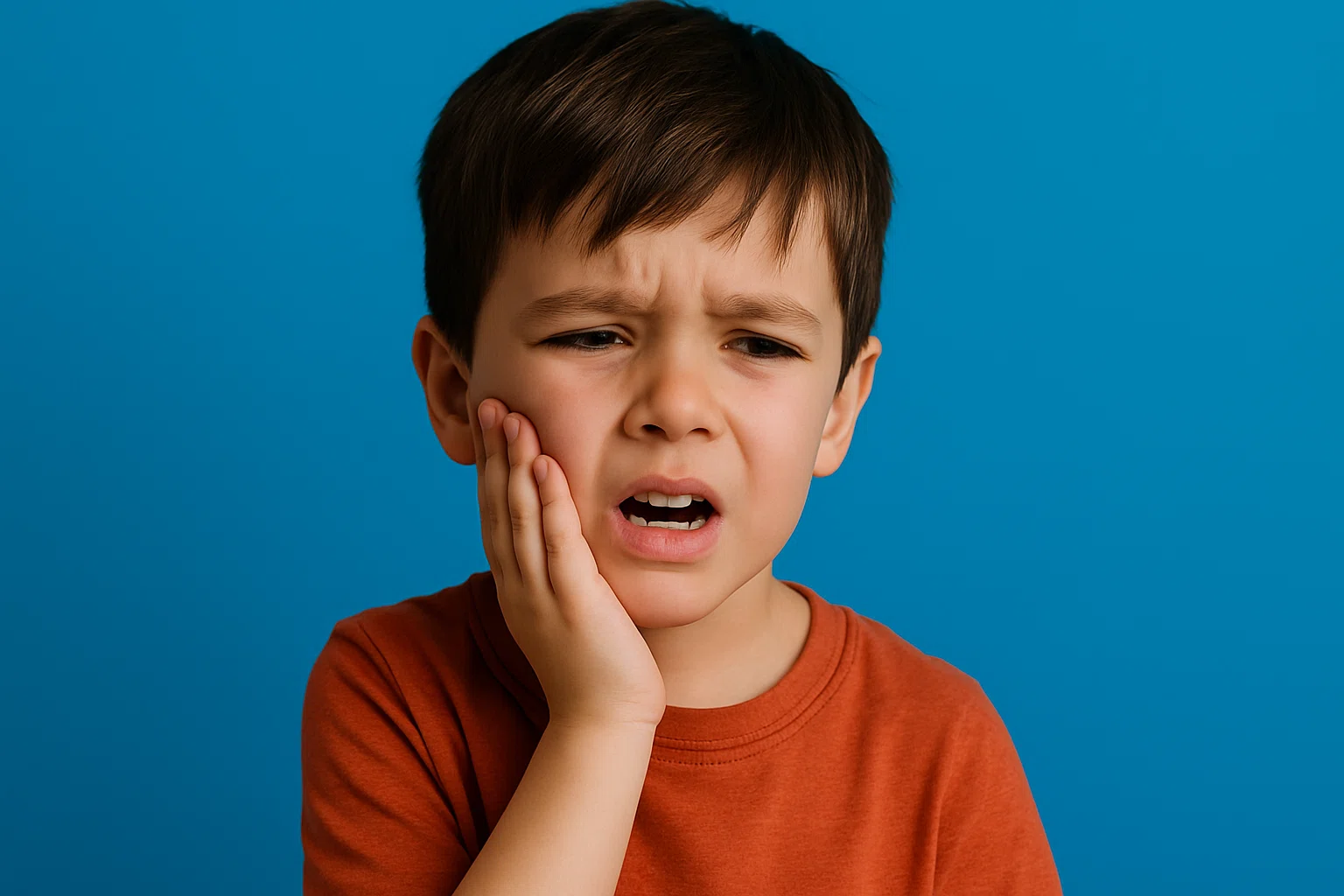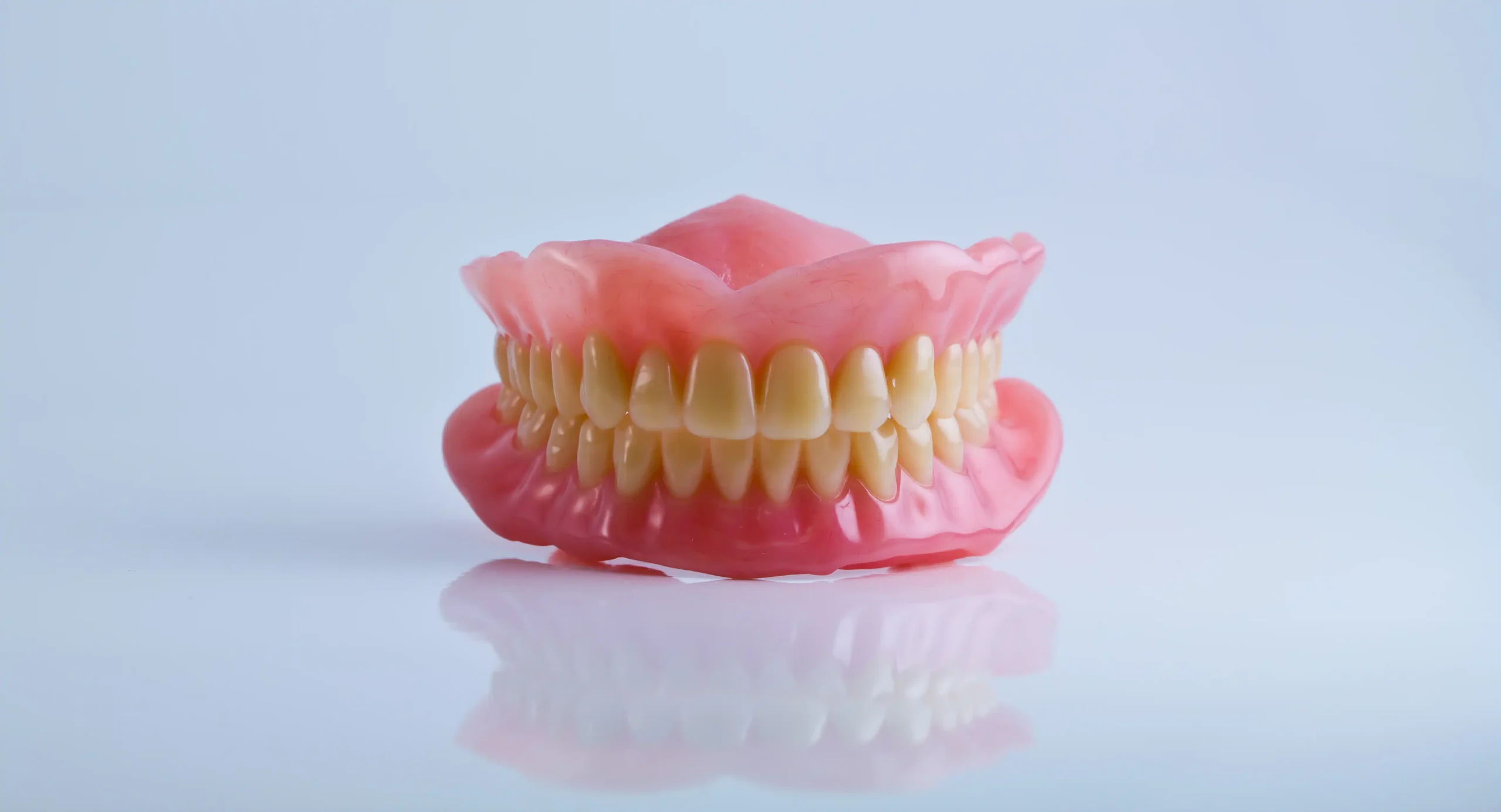🦷 Child Rotten Teeth: Causes, Risks, and Solutions

When it comes to health children’s parents are usually quick to respond to fever cough or scraped knees but what about their teeth at Lema Dental Clinic in Istanbul we’ve seen many parents surprised to find that their children had even developed cavities or worse yet rotten teeth by the time they reached the age of two or three unfortunately tooth decay is one of the most prevalent chronic diseases affecting children worldwide.
This blog will cover everything you need to know about dead teeth in children, including causes, symptoms, diagnosis, treatment methods available, as well as strategies that may help keep this from happening at all in the first place.
What Are Rotten Child Teeth?
‘Child rotten teeth’ is a colloquial term that is closely related to the condition known as early childhood caries or ECC. The latter refers to the strong effect of acid caused by bacteria in the mouth, leading to the decay of the tooth structure. The age range most usually affected by this condition is between 6 months and 6 years, but the ‘epidemic’ starts from the first tooth.
The issue with baby teeth is that they are equally important as permanent teeth. They help children to eat, speak, and make space for permanent teeth. It is kids’ tooth cavities that can result in long-term dental problems even before the beginning of their school days.
What Causes Child Rotten Teeth?
A child’s rotten teeth basically come from these kinds of sources:
1. Sugary Diets
Kids taking in sugar on a regular basis through candy, soft drinks, juices, or even milk are having a higher risk of getting tooth decay. The bacteria in the mouth use these sugars as their source of food and produce an acid, which erodes enamel.
2. Poor Oral Hygiene
The reasoning that many children’s parents undertake is the significance of brushing their children’s teeth. If your child’s teeth are not cleaned properly, plaque will very quickly build up, causing decay.
3. Bedtime Bottles or Nursing
Placement of a bottle of milk or juice in the mouth overnight to put the child to sleep is one of the most common reasons that lead to the child having rotten teeth. During sleep, the sweet taste left on the teeth becomes food to the bacteria and that further moves to the next step.
4. Not Enough Fluoride
Fluoride is a mineral that has the ability to make the enamel stronger and also to resist bacteria. In cases where the amount of fluorine is scarce, it can come in the form of toothpaste or drinking water; the teeth of one’s child are therefore unprotected, and thus prone to getting destroyed very fast.
5. Genetics and Enamel Defects
Some children may be more prone to cavities because of either thin enamel or genetic diseases that affect tooth formation.
Early Signs of Rotten Child Teeth

To begin with, decay does not inevitably look like cavitations at first sight. The following are certain early symptoms, if any:
- White chalky spots near the gums
- Brown or black spots on the surface of the tooth
- Swollen, red, or bleeding gums
- Bad breath that doesn’t go away
- Sensitivity to temperature or sweets
- Complaints of pain when eating
If your child displays any of these signs, make sure you schedule an immediate dental appointment.
Risks of Ignoring Rotten Teeth in Children
Some of the parents are under the illusion that, as the milk teeth will anyway get replaced, the decay of teeth in children does not give room for any worry. This is certainly not the correct approach. Neglecting the problem of a child’s rotten teeth can result in several adverse consequences, like:
- Intense dental pain, which is associated with severe discomfort
- Infection or abscesses that can go on to reach the jaw or even other body parts
- Speech disturbances, especially as a result of premature tooth loss
- Malnutrition is due to the difficulty in eating food
- Orthodontic problems occur because the permanent teeth are coming out in a crooked manner
- Psychological problems occur when teeth are damaged and are visible
At the most, as yet another instance, unsolved tooth decay may negatively impact a child in terms of growth and development.
How Are Rotten Child Teeth Treated?
The only bright side here is that kid rotten teeth can be cured, and early detection becomes especially important at this stage. The following are dental treatments that are commonly employed:
1. Fluoride Treatments
Fluoride varnish can remineralize the enamel in the first phase of the caries and stop the cavity growth.
2. Fillings
Tooth-colored fillings are suitable for small to medium cavities and can perform the tooth’s normal functions very well when they are used to fix the tooth.
3. Dental Crowns
A stainless steel crown is often used to protect a tooth that has been damaged but still can be saved.
4. Pulpotomy or Baby Root Canal
In a situation where the decay affects the nerve, the dentist will most likely need to clean the tooth from the inside to avoid extracting it.
5. Tooth Extraction
When the condition of the tooth is very poor, extraction might be the only solution; however, it is always the last option.
Apart from Lema Dental Clinic, our pediatric dentists opt for the gentle sedation that is procedurally safe and the latest technology as the treatment procedures to ensure kids are no longer undergoing stressful and painful sessions…
How to Prevent Child Rotten Teeth: 10 Parent-Approved Tips
Prevention is always the best option among the rest. These are some ways to prevent rotten teeth before they appear:
- Start early—Use a damp cloth to clean the gums before the baby teeth come up.
- Don’t forget to clean your child’s teeth twice a day using a smear of fluoride toothpaste for Toddlers.
- Do brush alongside them until you think that they are ready (usually age 7-8).
- Do not loads of consume sugary snacks and drinks, especially not between meals.
- Do not give a bottle at bedtime with something other than water.
- Promote drinking water over juice or soda during the whole day.
- Take your child to see a dentist at most during the first year of life.
- Professionally have fluoride treatments in case your local water does not contain fluoride.
- Encourage positive oral habits by making brushing teeth an enjoyable activity, like as adding music or charts as rewards.
- Get regular check-ups every six months, no matter if there are any visible problems or not.
Lema Dental Clinic: The Best Place For Kids’ Dental Care in Turkey
If you come to the Lema Dental Clinic in Istanbul, you will find pediatric dental care that is imaginative and child-friendly designed to help little ones feel safe and enthusiastic about their dental visits. Our clinic offers experienced pediatric dentistry professionals, state-of-the-art facilities, and a friendly atmosphere that together guarantee your child the best treatment.
According to our philosophy, the dental problem of children who have rotten teeth is not only about perfecting their smiles, but actually the treatment is all about laying the cornerstone of health for their entire life.
Final Thoughts: Child’s Rotten Teeth Are Preventable
Parents should not procrastinate dealing with their children’s tooth decay. Absolutely every parent can protect his/her child’s health, smile, and belief from the harmful effects of rotten teeth. The necessary steps are timely treatment, regular tooth-brushing, a sugar-free diet, and the attendance of pedodontist. Thus, one can make a positive life-long impact on his/her child by providing a strong and healthy smile and a smile that will never be hidden.
Frequently Asked Questions About Child Rotten Teeth
It is likely to reverse white spots of demineralization if they are spotted early and fluoride treatments are used.
Most certainly. Restorations not only protect the tooth till its natural exfoliation but they also help to avoid any further damage or infection.
Kids can start brushing by themselves at around 6–8 but still, the parents need to look after them and provide assistance if needed.
Only as a last resort. Dentists’ goal is to preserve a child’s teeth as much as possible, but in some cases, cavities that are quite advanced demand the tooth to be removed.
No! Most children experience painless dental visits, thanks to the latest methods and clear-cut attitudes of dental workers who give extra careful attention.




